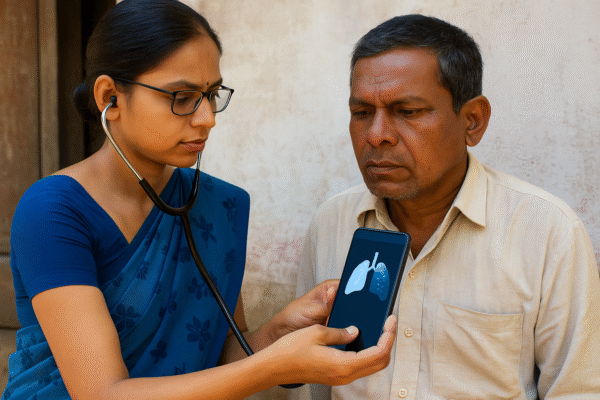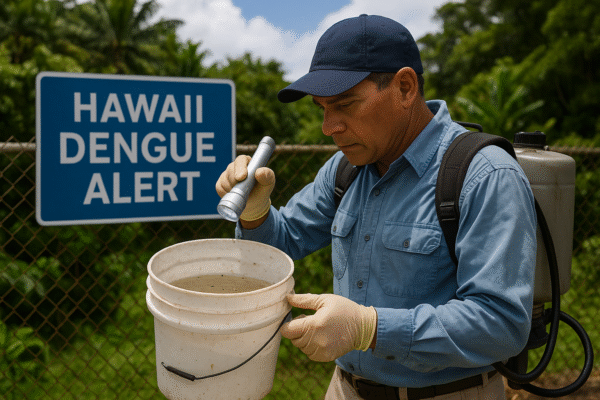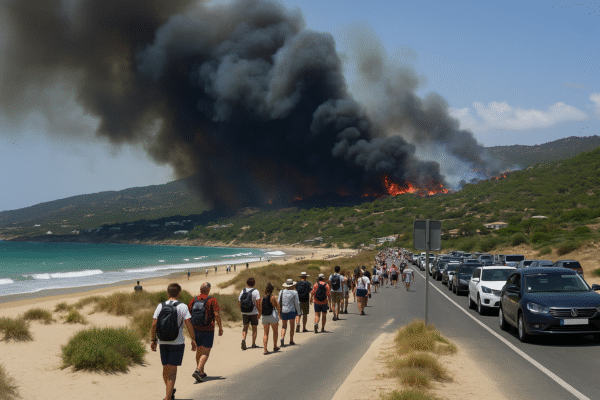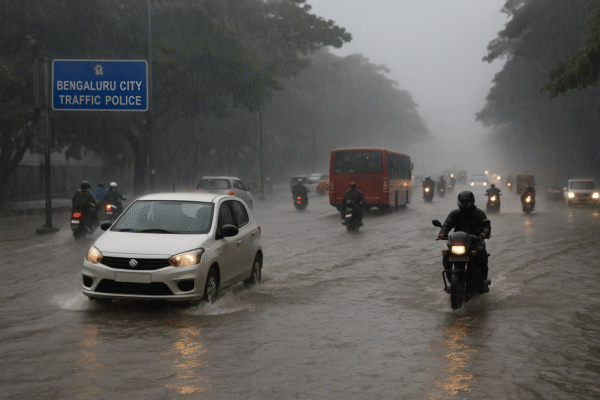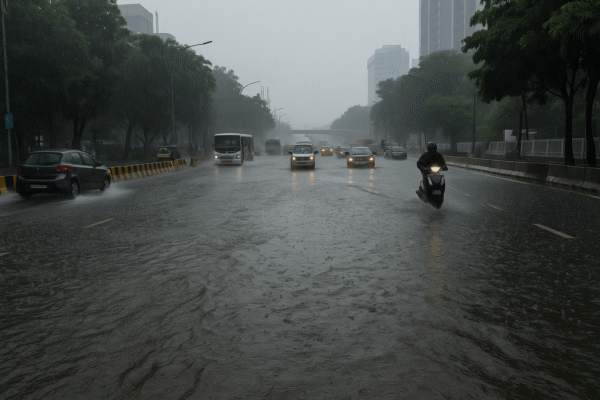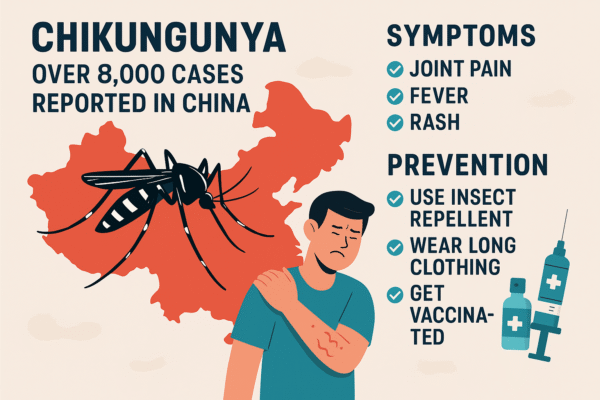China’s health authorities have confirmed more than 8,000 cases of chikungunya—a mosquito-borne virus causing severe joint pain—mainly centered in the city of Foshan, Guangdong province. The outbreak, which has prompted global concern, adds a new layer of caution for travelers visiting this highly populated region.
According to the World Health Organization (WHO), chikungunya continues to spread across multiple continents. The virus is not transmitted from person to person but is carried by infected mosquitoes, particularly the Aedes aegypti and Aedes albopictus species. These mosquitos thrive in tropical and subtropical environments, making densely populated areas like Foshan highly susceptible.
Understanding Chikungunya: Symptoms and Spread
Chikungunya virus infection typically begins 3–7 days after being bitten by an infected mosquito. Symptoms include:
- High fever
- Intense joint pain and swelling
- Muscle aches
- Skin rash
- Headaches and fatigue
The joint pain can be debilitating and may persist for weeks or even months. Though complications are rare, elderly individuals, infants, and those with preexisting medical conditions are at greater risk of severe symptoms, including neurological and cardiovascular effects.
Outbreak Scale and Global Relevance
While Guangdong currently bears the brunt of the outbreak, chikungunya has made global headlines with cases also reported in Brazil (over 185,000 in 2025), Bolivia, La Réunion, and scattered outbreaks in Europe. Health officials note that imported cases may trigger local transmission in countries with the right mosquito population.
The European Centre for Disease Prevention and Control (ECDC) has linked past outbreaks in France and Italy to infected travelers returning from Asia or South America. This growing concern makes global surveillance and traveler education critical.
Chikungunya Vaccine Now Available for Travelers
In a significant health development, the UK has approved a chikungunya vaccine aimed at travelers visiting high-risk areas. The vaccine introduces an inactivated form of the virus to stimulate immunity. It is available by prescription and is currently not recommended for individuals over 65 without further medical review.
Travel clinics in the UK and Europe have begun advising at-risk travelers to consider vaccination several weeks before travel. Health experts also recommend early consultation with travel medicine specialists for personalized advice.
How to Stay Safe: Chikungunya Prevention Tips
For tourists and expats heading to affected regions in China and beyond, WHO and local health bodies recommend these key safety measures:
- Use insect repellents with DEET, IR3535, or picaridin.
- Wear long-sleeved shirts and trousers, especially during early mornings and late afternoons.
- Sleep under insecticide-treated nets, particularly in rural or outdoor settings.
- Stay in accommodations with window screens and air conditioning.
- Avoid standing water sources like buckets, planters, or puddles, which serve as breeding grounds for mosquitoes.
Foshan and Guangdong: Current Risk Zones
Guangdong province, a leading economic hub with thriving tourism, is facing a health crisis amid high mosquito activity during the humid summer months. Foshan, in particular, is under heightened surveillance with local authorities initiating mosquito control campaigns and public awareness drives.
Quarantine zones have been established in the hardest-hit neighborhoods, and travelers are being screened at airports and transit points. Though these measures are temporary and localized, travelers should remain updated through official channels like the National Health Commission of China.
Global Travel Impacts and Public Health Response
Beyond China, chikungunya’s resurgence is sparking global concern. Countries such as Brazil and La Réunion are struggling with high infection rates. Meanwhile, European countries are on alert for imported cases during the peak holiday season.
In the UK, NHS and travel clinics are encouraging travelers to regions like Guangdong, Rio de Janeiro, and La Réunion to prepare in advance. Personalized health consultations, vaccines, and preventive care are strongly recommended for anyone spending time outdoors or staying in less urbanized areas.
Travel Tips: What to Do Before and During Your Trip
Before You Travel:
- Consult a travel doctor at least four weeks before departure.
- Discuss the chikungunya vaccine and other recommended immunizations.
- Pack mosquito repellents, protective clothing, and insecticide-treated nets.
During Your Stay:
- Monitor local news and health alerts.
- Follow public health advice regarding restricted areas.
- Stay indoors during peak mosquito hours and use repellents daily.
If You Experience Symptoms:
- Seek medical help immediately.
- Avoid taking aspirin or NSAIDs until dengue has been ruled out (due to similar symptoms).
- Rest, hydrate, and manage fever and pain under a doctor’s guidance.
Conclusion: Informed Travel Is Safer Travel
With more than 8,000 chikungunya cases confirmed in Guangdong, travelers to China must prioritize health preparedness. While the disease is non-fatal in most cases, its impact on mobility and wellbeing can severely disrupt travel plans.
From new vaccine access to enhanced preventive tools, tourists now have several ways to protect themselves. By staying informed, consulting travel health professionals, and taking simple precautions, visitors can explore China and other destinations safely.
For more travel news like this, keep reading Global Travel Wire



